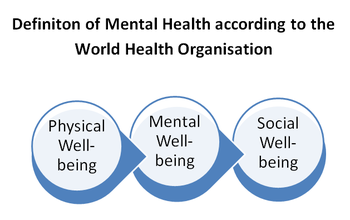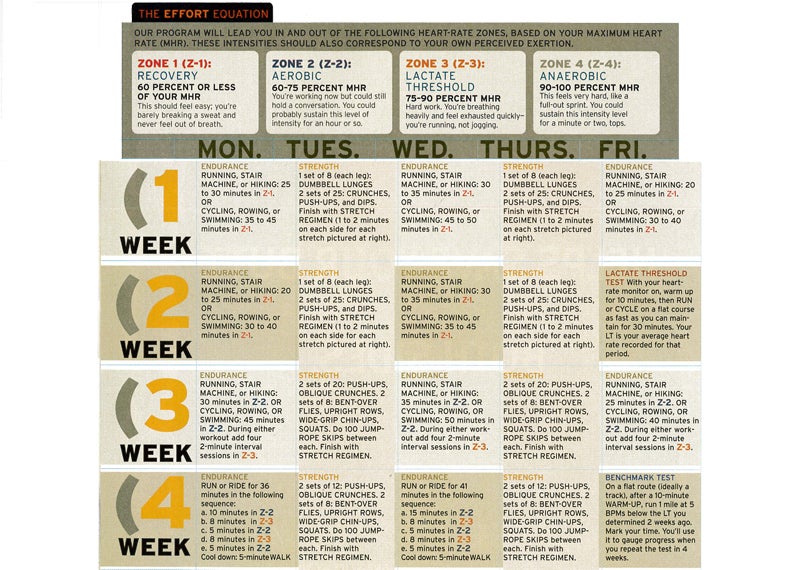People Affected by Insomnia
 Studies estimate that up to one-third of American adults experience a form of insomnia each year, with up to 20% suffering from severe sleeplessness. In spite of this widespread problem, studies suggest only 30% of American adults who visit their doctor discuss sleep as an issue. On the other hand, doctors rarely inquire of their patients about their sleep issues or habits.
Studies estimate that up to one-third of American adults experience a form of insomnia each year, with up to 20% suffering from severe sleeplessness. In spite of this widespread problem, studies suggest only 30% of American adults who visit their doctor discuss sleep as an issue. On the other hand, doctors rarely inquire of their patients about their sleep issues or habits.
Independent studies indicate the three primary risk factors that attribute insomnia are: psychiatric issues, physical complaints and chronic pain. In fact, about 90% of people with depression also have insomnia. Physical complaints such as headaches and chronic pain with no associated cause are main factors for insomnia.
There is a high incidence insomnia and depression coincide with somatic symptoms (chronic pain). Further, insomnia worsens conditions involving chronic pain for people who are not depressed. Typically headaches manifesting during the early morning or night could be caused by sleep issues. In one of the studies, patients who were treated for their insomnia, over 65% reported their headaches disappeared.
Interestingly, insomnia typically affects more women than men, although men are not completely immune from the disorder. As people age, the quality of sleep deteriorates equally in both men and women. A major study demonstrated as males age from their teens to their 50s, they lose up to 80% of their ability to achieve deep sleep.
During that same time period, light sleep increases and REM (rapid eye movement) sleep remains unchanged. After age 44 REM and total sleep diminish and awakenings increase. This study did not include females, and there is some evidence to indicate that women are not as affected as they age as men. However, young adult women suffer from sleep disorders due to both biologic and cultural reasons.
Various women issues have been linked to insomnia such as hormonal events, like premenstrual syndrome, menstruation, pregnancy, and menopause. These conditions are natural, and in most cases, sleep disturbance is temporary and can be mitigated with both sleep hygiene and the passage of time.
After childbirth, most women develop a high sensitivity to the sounds of their children, which causes them to wake easily. Women who have had children sleep less efficiently than women who have not had children. It is possible that many women never unlearn this sensitivity and continue to wake easily long after the children have grown.
Generally, other groups of people likely to suffer from sleep issues include those who travel frequently (jet lag), those suffering from chronic stress and individuals suffering injuries to the brain. Most Americans achieve 7 hours of sleep a night or less. To be more mentally alert and to avert the risk of other serious health issues, doctors suggest people get a full 8 hours of restful sleep per night.









